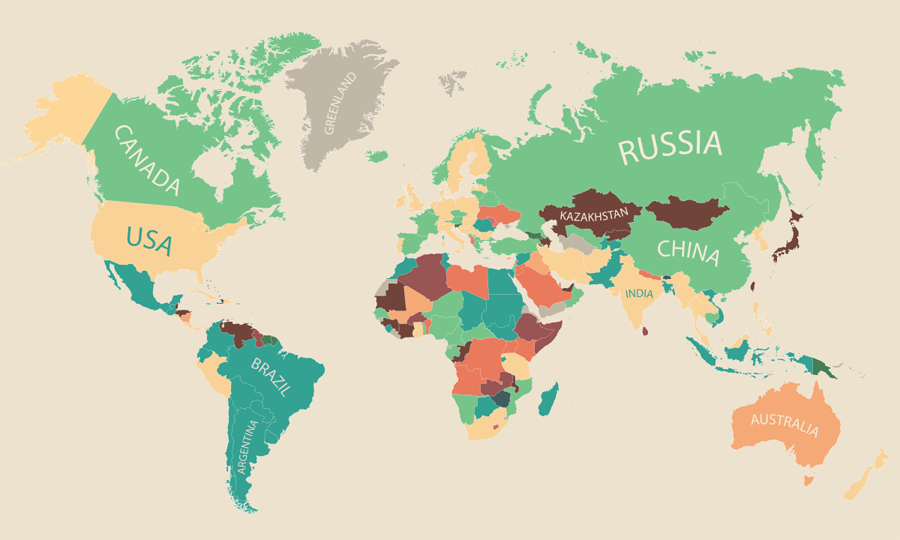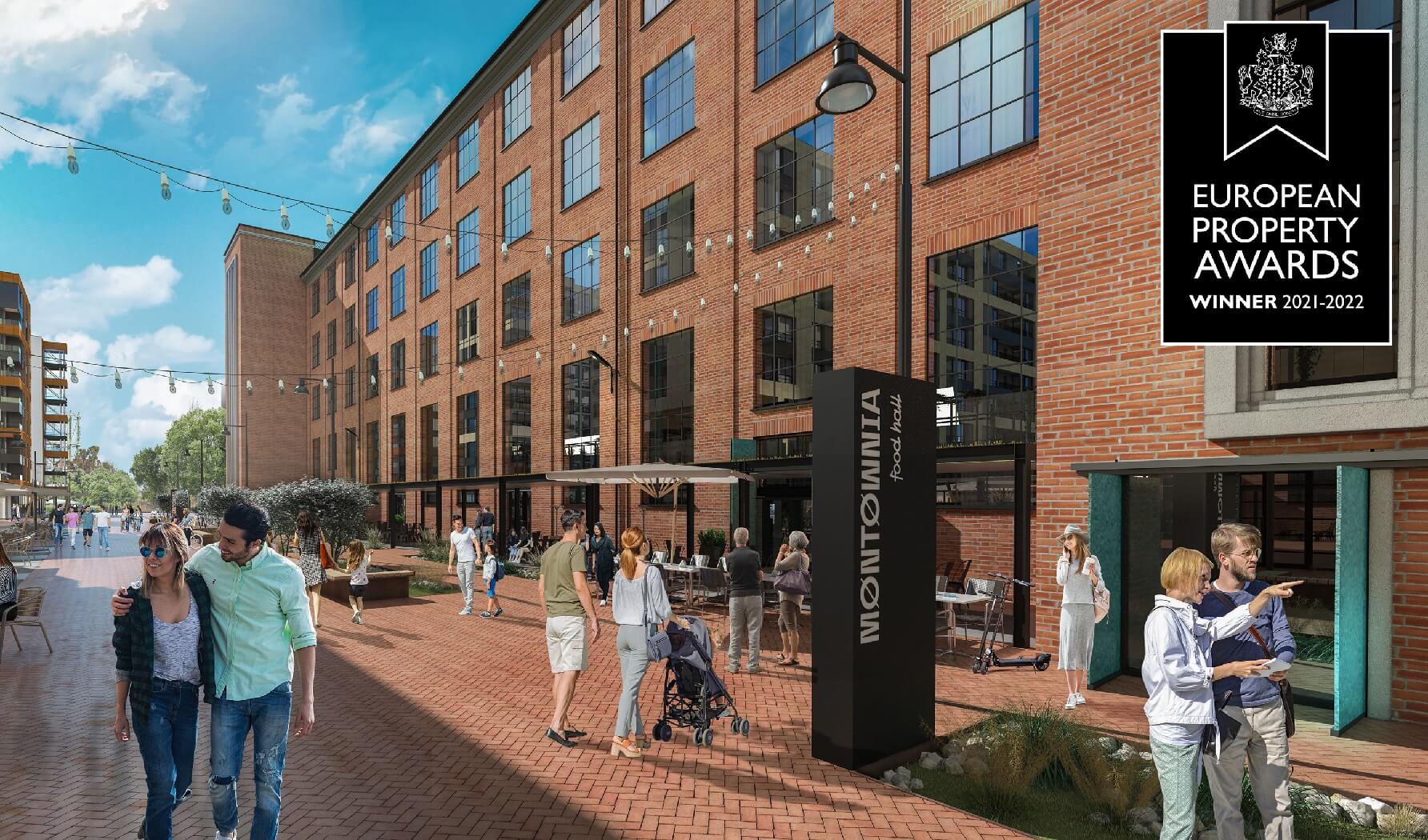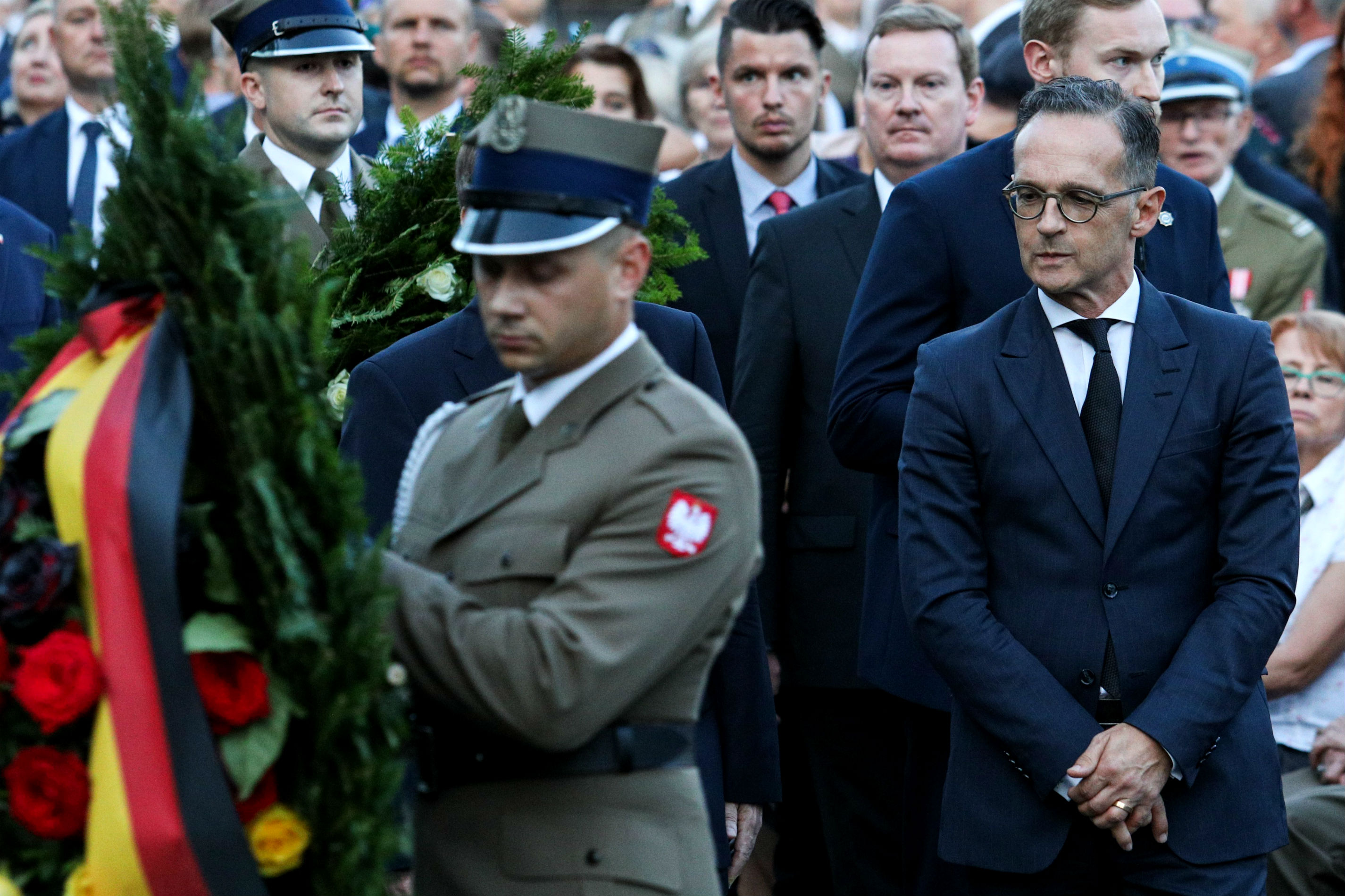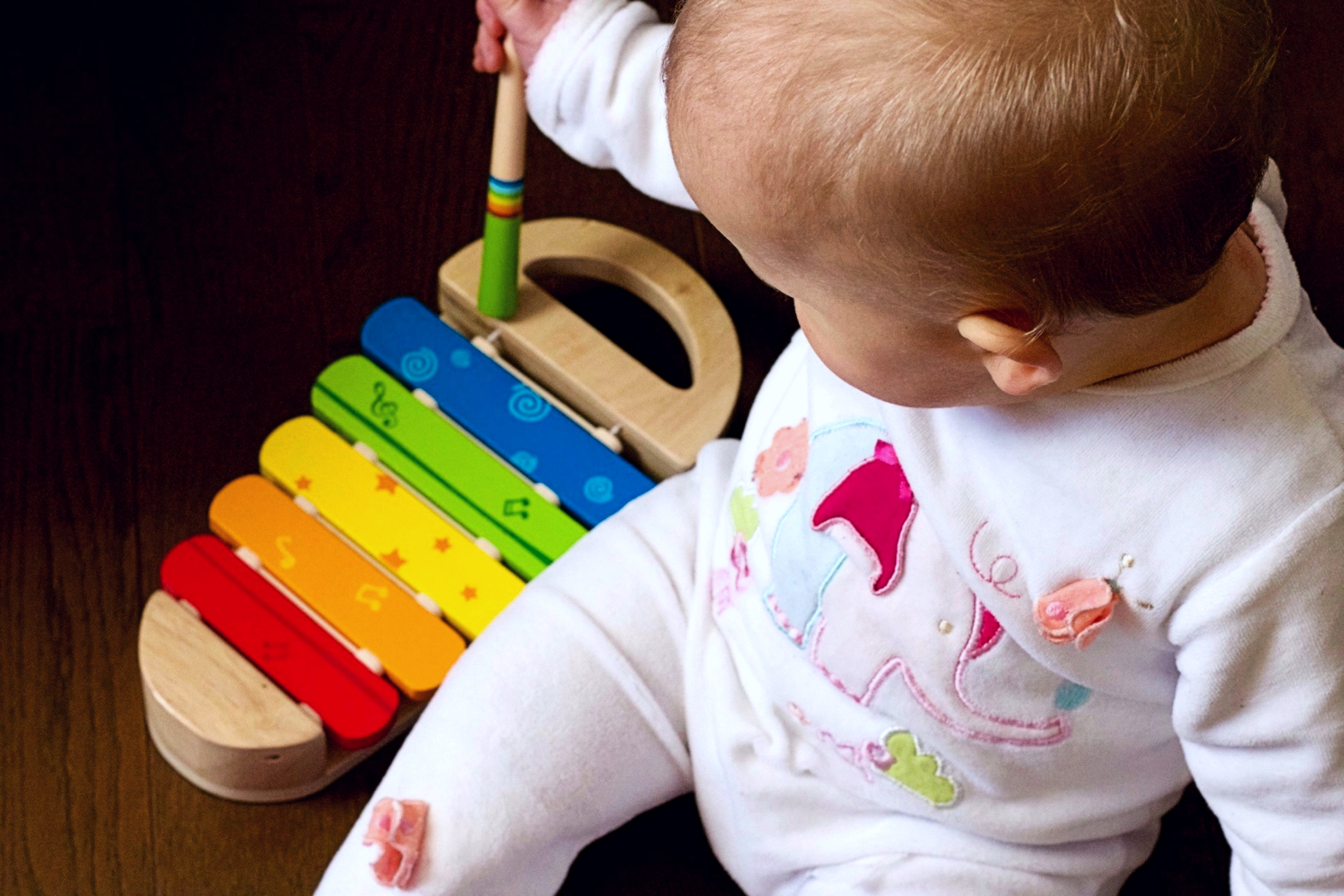Life satisfaction, income, security: residents in different locations have different priorities. And what matters to the Poles?
Knowledge of the history and current politics of the world’s most remote regions is not enough to understand their inhabitants. If only because, regardless of the political system or general conditions of development, expectations about life can be similar – or completely different.
This diversity was examined by the Organization for Economic Co-operation and Development (OECD), preparing a list of priorities – issues important to all nations of the world. “In life, it’s not just cold numbers, GDP levels or hard economic data that matter,” the authors say. So what matters?
60,000 people answered numerous questions. people selected at random. The survey focused on eleven particularly important aspects of life: housing conditions, income, work, sense of belonging to the community, level of education, environment, political engagement, health , life satisfaction, security and work-life balance. The results have been generalized and the MoveHub portal has prepared the following infographics based on this.
The authors of the list noticed two regularities. First, neighboring or culturally close countries often have common priorities (and even more often common interests). This is particularly visible in South America, where locals appreciate – or at least so say – the value of education. European citizens also have similar needs. Life satisfaction, for example, was found to be a priority for Poles, Germans, residents of Scandinavian islands and countries.
Second, we value most what is most difficult to achieve. Again, using the example of South America, the authors of the index argue that the higher the education, the greater the chances of obtaining better employment and satisfactory income. This analogy cannot be made with all countries in the world, but it can also be seen in Poland: according to the latest UN report, we are not among the happiest nations in the world.
OECD analyzed the general living conditions in each country. How do they compare in this context? polish people?
The authors of the list estimate that our income is lower than the world average, which is around 16,000 PLN per year. hole. However, our average is inflated by the richest who, according to OECD estimates, earn up to five times more than the poorest. They also highlight another disproportion: men (66%) work more often than women (53%). We work 1,929 hours per year (world average: 1,765), and we also fulfill our professional obligations outside of normal hours (Ewa Wilk talks about Polish overwork in the current issue of POLITYKA).
23 percent – according to the OECD – we spend our income on housing-related expenses (bills, rent, utilities). 84 percent of those surveyed consider their living conditions satisfactory.
The survey also took into account the level of involvement in community life and political affairs. It is estimated that Poles spend on average one minute per day on activities that would be considered beneficial (world average: 4 minutes). 35 percent of respondents said they had provided help in the past month (global average: 49%). At the same time, 89 percent believe they have someone to turn to in difficult times. However, we are not at the forefront when it comes to trusting the government: almost 16% of respondents trust it. respondents (again below the global average – 39%).
To console us, let’s add that 76 percent of those surveyed say that good things (feeling of fulfillment, satisfaction with achievements) happen to them more often than negative things (pain, sadness, boredom).
List of priorities of all countries in the world:







